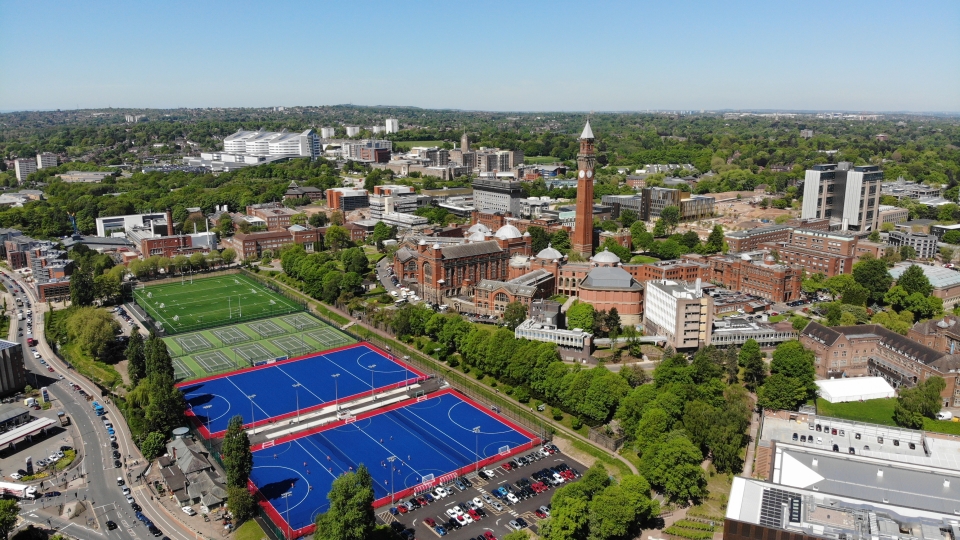
As the Birmingham 2022 Commonwealth Games gets underway, IoT services firm North has got to work on delivering smart environmental air quality monitoring technology to the event.
The technology is located across the host city as the Games aims to become the first to achieve a “carbon-neutral legacy”.
North has designed and deployed the solution at key locations around event venues and across the wider city, and it will precisely measure, monitor and capture data on air quality conditions before, during and after the event.
As well as venues, the sensors have been installed around main traffic routes and motorways, key marathon milestones, public transport stops, and at the entrances and exits of the University of Birmingham campus (pictured), which is the main Athlete Village.
As the official Smart Environments Provider for the Games, North will use its low-powered, long-range network and air quality sensor-based managed service to record factors including CO2, temperature, pressure and relative humidity, which will be analysed to calculate an air quality index (AQI).
Once the data capture is complete, North will share the insights with the University of Birmingham WM-Air team, who are researching the impact of the Games on air quality in the city.
North’s system forms part of wider efforts to create a carbon-neutral legacy for the Games, with sustainability measures woven into every part of its organisation and execution.
Glen Williams, CEO at North, said: “Birmingham 2022 has an exciting and forward-thinking agenda to create an event that will leave both a sporting and sustainability legacy in the city.
“We are looking forward to seeing the impact the data collected has on future decision-making in a bid to improve air quality, subsequently aiding the health and well-being of residents and visitors.”
Williams added: “It’s fantastic to see IoT technology deployed at a global event. It has the proven ability to change how human beings engage with the environment, whilst creating healthier, greener and more sustainable communities.”
